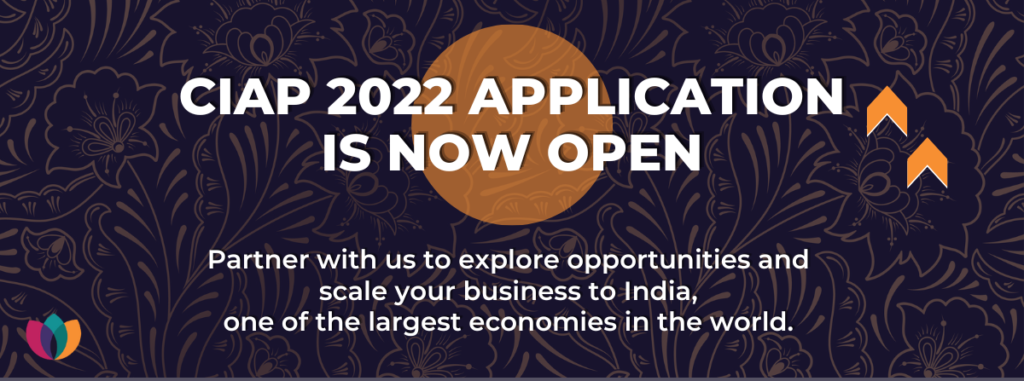Software as a Service (SAAS) companies have tremendous advantages when expanding into international markets. Not only do SAAS companies already have their products built, tested and ready to go, making it much easier to expand internationally, but they also have the ability to customize their products in order to suit their targeting markets.
Because of this, scaling your SAAS company internationally can be one of the most lucrative business decisions you’ll ever make.
How does a SAAS company expand internationally?
It depends on the company's specific circumstances, there's no one-size-fits-all answer to this question. However, there are some common strategies that SAAS companies use to expand internationally. They can choose to pursue direct selling, which involves selling products or services directly to customers in another country. Acquisitions involve buying another company that already has a presence in the target market. Reseller partnerships involve partnering with a local company to sell your products or services in their market. And finally, remote sales involve setting up a sales team in another country to sell your products or services remotely.

What expansion advantages does a SAAS company have over other business models?
When it comes to scaling a startup, there are certain benefits that a SAAS company has over other business models. For one, the barriers to entry are often lower for SAAS companies since they don't have to deal with things like manufacturing or shipping physical products. Their recurring revenue model also gives them a more predictable cash flow, which is helpful when setting up in a new country. Additionally, their customers are typically locked into long-term contracts, which can help with customer acquisition costs in new markets.
Why is a localization strategy important when expanding into foreign markets?
Even though your product, software for example, can reach the target audiences easier than physical goods, it’s vital to localize your market-entry strategies to meet the needs of that particular market. Particularly, you might need to localize your product interface, translate messaging to build trust with potential customers. You also need to build marketing strategies with the right attitude that meets the culture, and find out what the potential customers are willing to pay for the values you offer.

Check out this article to see how Forbes touches on localization strategies you can use when expanding your business
Why is India a great choice for SAAS companies to expand to?
When it comes to business expansion, India is a great choice for SAAS companies for many reasons. Withover 1.3 billion population, there is a vast potential customer base for companies to tap into. Moreover, the middle class with an increasing disposable income is drastically growing in India, and such presents a lucrative opportunity for businesses selling products and services that cater to this demographic.
Find out more reasons that make India a promising land for your startup's expansion in this article of Havard Business Review
How to tell if your SAAS company is ready for international expansion?
Here are a few key indicators that your SAAS company is ready for business expansion into international markets:
- Your company is generating a consistent stream of revenue.
- You have a solid team in place, including support from upper management.
- You have the necessary financial resources to sustain an international expansion.
- Your product or service is resonating with customers in your target market(s).
- You have a well-defined marketing and sales strategy for entering new markets.
How to prepare your SAAS company for an international expansion?
When expanding a SAAS company internationally, there are several things to keep in mind in order to be successful.
- Thoroughly research the target markets and deeply understand the local business environment.
- Ensure the viability of your pricing model in the new market.
- Have a solid understanding of the regulatory environment in each market.
- Have the right team in place to support an international expansion.
- Build relationships with local partners.
- Be prepared to adapt your product or service to meet local needs.
- Have a long-term commitment to international growth.
Key Takeaways
The global market for SAAS is growing rapidly, and SAAS companies are expanding their reach to meet this demand. But new markets pose new challenges, from finding the right local partners to adapting your product to new cultures are a few of the milestones as you expand your startup.
Are you a female entrepreneur in the Canadian SAAS startup ecosystem who is looking to expand into new markets like India? CIAP has got your back with our vast network in India, our ScaleCamp program, and the support of our community of women entrepreneurs.


